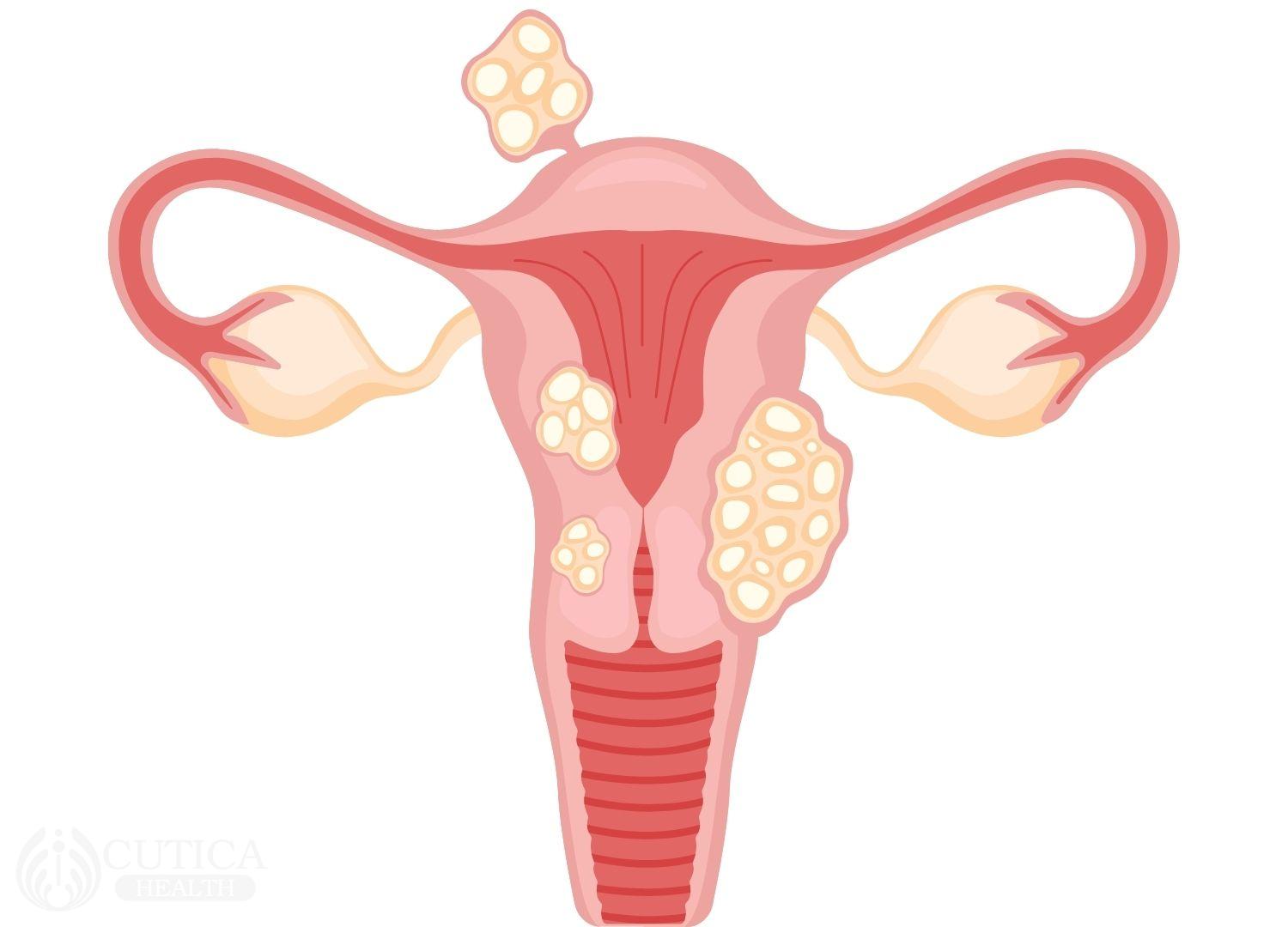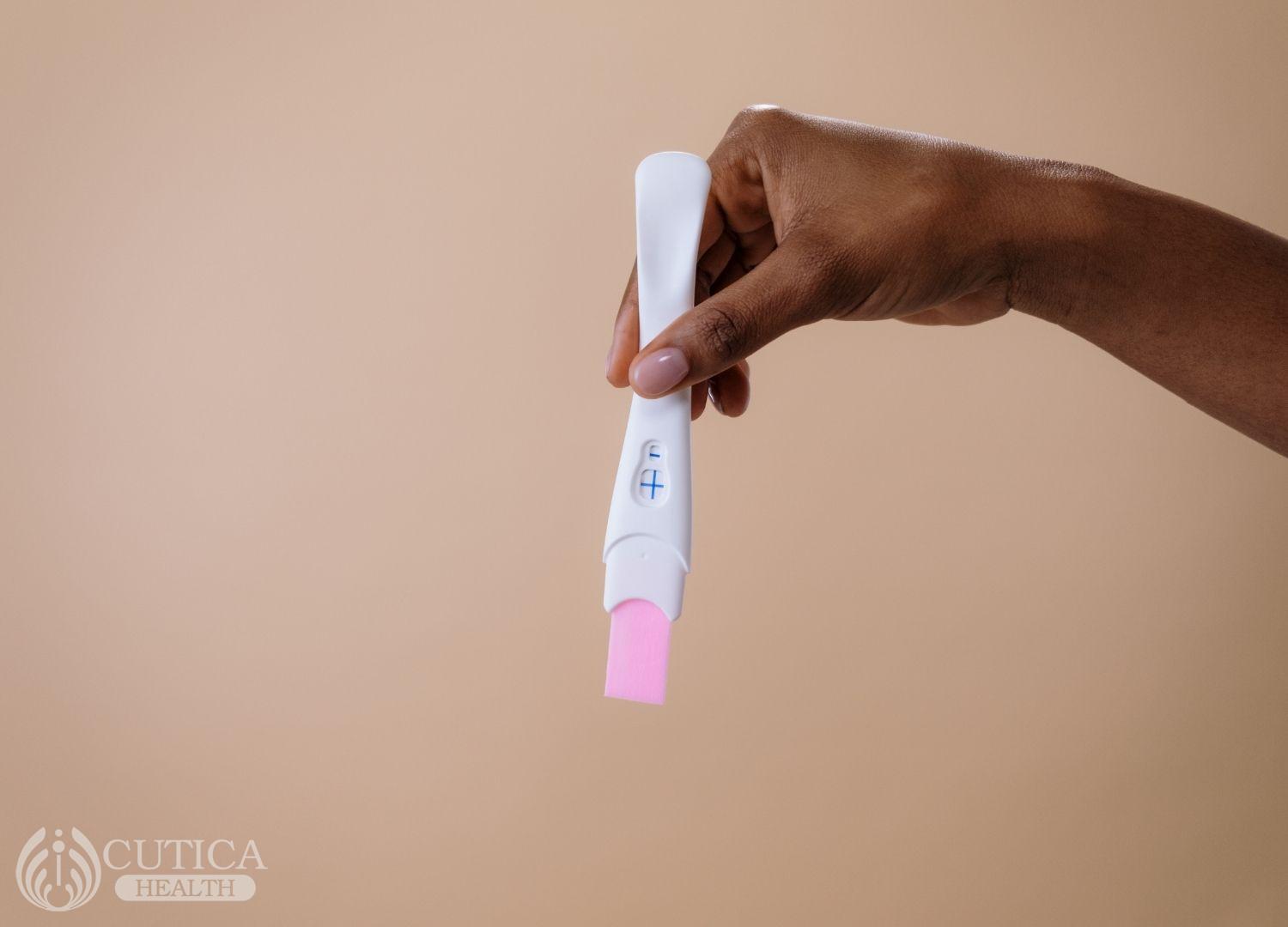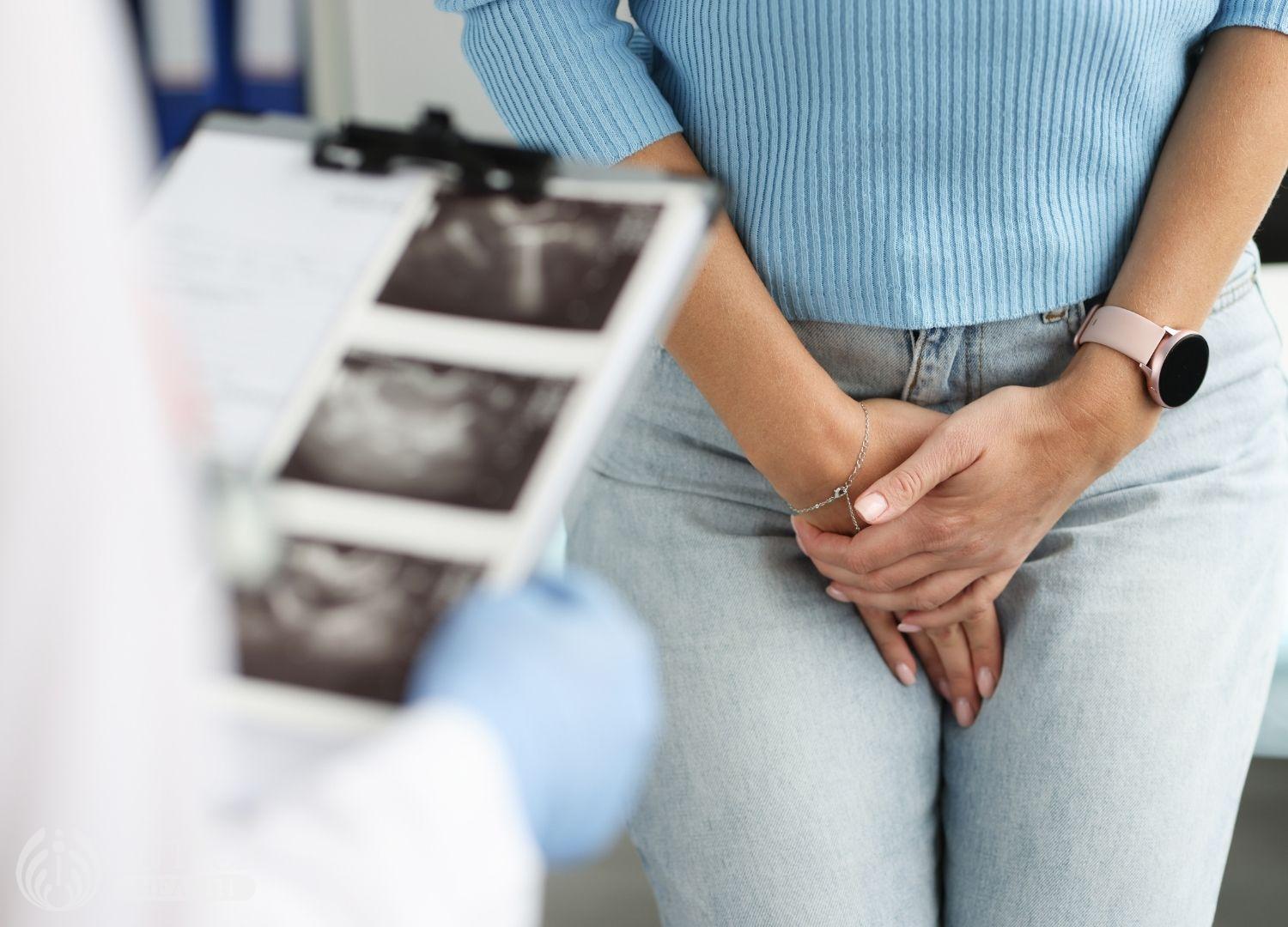Fibroids, or uterine fibroids, are non-cancerous growths in the uterus (womb). Fibroids often do not present with any symptoms, but when they do, you may experience painful and heavy periods, frequent urination, and painful sexual intercourse. Being non-cancerous, they do not spread out of the uterus but may cause other complications, including affecting your fertility and pregnancy.

How do fibroids affect these conditions?
Effects on Pregnancy

Most fibroids remain unchanged during pregnancy, but in up to 30 percent of pregnant women, fibroids may grow bigger in the first trimester. Still, it may even shrink in size in other women. Nonetheless, most women with fibroids usually experience no issues during pregnancy. About 3 out of 10 pregnant women with fibroids may experience certain complications such as:
- Restricted Fetal Growth : As fibroids grow bigger, they compete for more space and blood supply in the womb, limiting the full growth of your baby. This may potentially cause developmental problems for your baby and low birth weight.
- Preterm Delivery : Fibroids could trigger early uterine contractions and preterm delivery.
- Placental Tear : Medical professionals call this placental abruption. In this condition, the placenta breaks away from the wall of the uterus, causing massive bleeding that may jeopardize your health and the health of your baby. Fibroids may affect how well your placenta attaches to the uterine wall, increasing your risk of this condition.
- Miscarriage : Fibroids may affect the implantation of a fertilized egg in the uterus. Furthermore, fibroids compete with the growing fetus for blood supply within the uterus and could, in turn, restrict the flow of nutrients to the fetus. These factors may cause early pregnancy loss.
- Cesarean Delivery: Uterine fibroids increase your risk of cesarean delivery by up to six times. Note that having fibroids does not always mean you won’t deliver normally, only that the risk of giving birth by a cesarean section is higher. The larger the size and the greater the number of fibroids you have, the higher your risk of needing cesarean delivery.
Effect on Fertility

Many women who have fibroids can still conceive. You may not even need treatment before you conceive. However, in some cases, fibroids could reduce your chances of getting pregnant.
This occurs in cases where the fibroid is large and blocks the fallopian tube, where fertilization of an egg occurs, or when it blocks implantation of the fertilized egg in the uterus.
If you are having problems conceiving and you have fibroids, this may be a good time to consult your doctor. Your doctor may explore other causes of infertility before pinning your inability to conceive on fibroids. While most cases of fibroids do not require treatment, if fibroids are implicated in your inability to conceive, it may be time to treat it.
Treatment of Uterine Fibroids

Fibroids may be treated surgically or with medications.
- Medications used in treating fibroids are mostly to reduce your symptoms and not to remove the fibroids. A group of medications, however, called gonadotropin-releasing hormone agonists, may be used to shrink fibroids to make them easily removable during surgery.
- Surgery, therefore, is the only definitive treatment for fibroids. This surgical procedure is called myomectomy and may be done through incisions in your abdomen or vagina. After this procedure, your doctor will advise you to wait three months before attempting to conceive.
- Other treatments available for women with fibroids include an intrauterine device (IUD) containing progesterone to eliminate some of your symptoms, and the use of electric current, in a procedure called myolysis, to cut blood supply to the fibroids, in turn, shrinking the fibroids.
If you have concerns about fibroids or infertility, speak with your healthcare provider for advice on treatment









